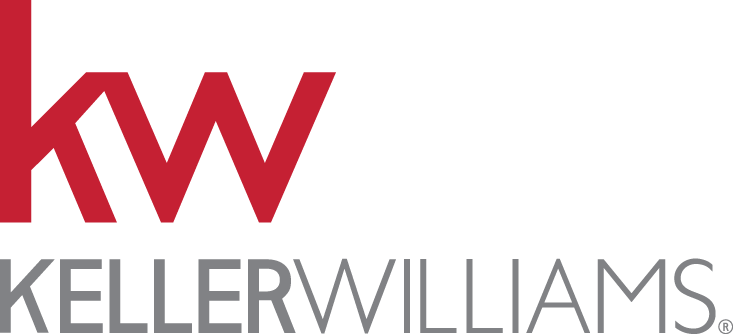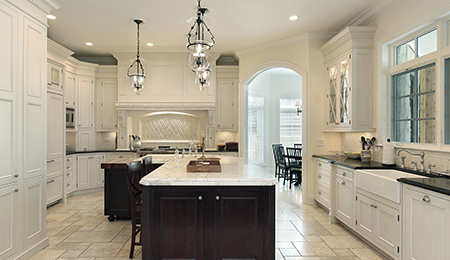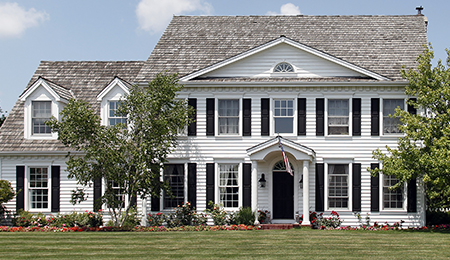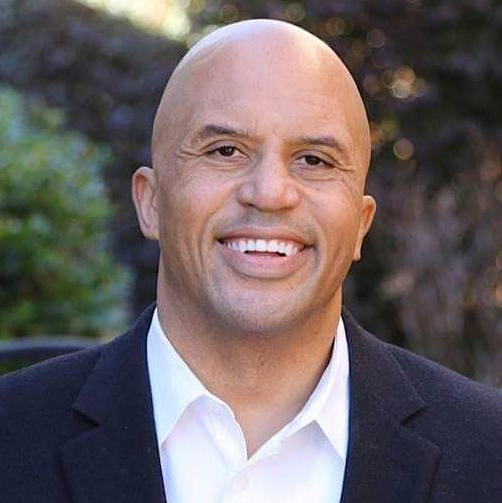What goes into picking the perfect lot? Here’s what buyers need to know.
There’s way more demand for houses in our market than there are houses actually available. A lot of people I’ve talked to told me they’re just going to buy an acre or half-acre of land somewhere and build a house. On the surface, that sounds pretty simple—find a spot, then build there, right? Well, in the Triangle Area, it’s difficult to find land suitable for building a house, and it becomes especially difficult if you want to find land but also live in the city, be it Raleigh, Durham, or Chapel Hill.
Most of our clients who are looking for land end up having to go outside of city limits, and that, of course, means forgoing some of those urban creature comforts. One of the easiest ways to find a lot is to work with a production builder, and they’re typically in subdivision neighborhoods that are 40 houses minimum and sometimes as many as 500.
Once you find the perfect lot, you’ll probably be told by the production builder that there’s a premium on it. That simply means that you’re eyeing one of the most desired lots in that particular subdivision. Typically, premium lots are lots with a cul-de-sac or those with a wooded or waterfront view. You may see premiums anywhere between $2,500 and $50,000. If you’re working with an agent, their job is to find out as soon as possible whether or not a certain lot has a premium, and if so, how much it costs exactly.
If you’ve located a lot you love in a production builder’s subdivision but aren’t ready to pull the trigger, you are usually allowed to put a hold or a deposit down on it (usually a minimum of $500). If you go to the builder on Saturday and express that you’re interested in Lot 132 but have to straighten out some financing first, that builder may ask you for a lot deposit to lock it in for 30 days; if anyone else comes and shows interest in Lot 132, they’ll reach back out to you and see if you’re ready. If you’re still not ready, there’s a good chance they’ll sell to that other buyer.
Let’s talk about custom builders. The way people typically do business with a custom builder is a lot like working with a production builder, in the sense that the buyer will zero in on one of the builder’s neighborhoods with a small number of homes—maybe five to 25 total. If you’re buying from a custom builder in one of their subdivisions, you won’t have to do as much work. Most likely, you’ll still encounter lot premiums, but the financing for a custom builder will be a bit different (in the previous installment of this series, Eduardo Rodriguez explained the construction to perm loan process).
Also, you need to be prepared for costs such as clearing the lot, building roads so you can actually access your home, and bringing in utilities. Don’t forget about impervious soils, either; if you’re planning to install a pool, workshop, or extra parking pad, soil regulations could limit what you’re able to build.
As you can tell by now, there’s a lot of information that goes into buying and building a new home, but I hope this series has been helpful. If you have any questions or topic suggestions for future videos, please let us know. We’re always here to assist with your real estate needs, whatever they may be!




